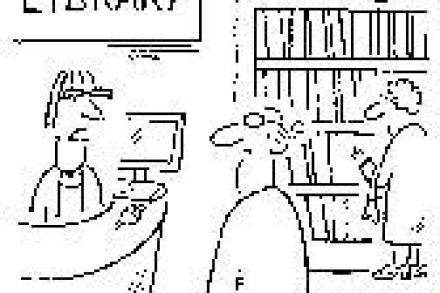Yesterday’s heroes
More from BooksThe Labour peer and historian Kenneth Morgan is perhaps best known for his accounts of the Attlee government, Labour in Power, and the Lloyd George coalition, Consensus and Disunity, a work of considerable relevance for anyone seeking to understand the Cameron government. But his biographies of Callaghan and Foot have caused him to be labelled






